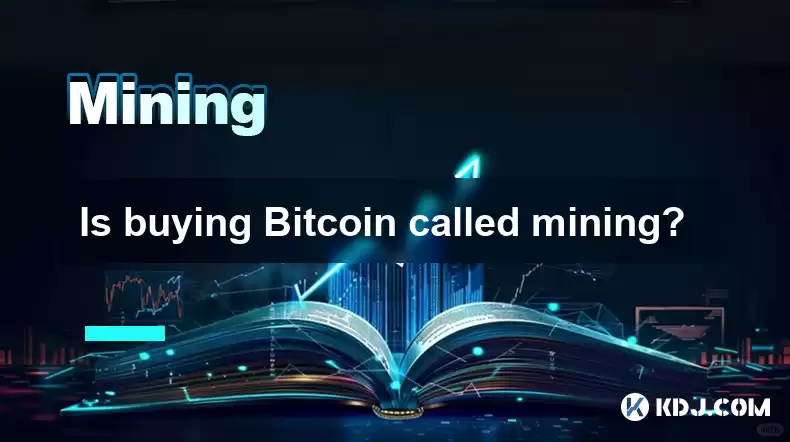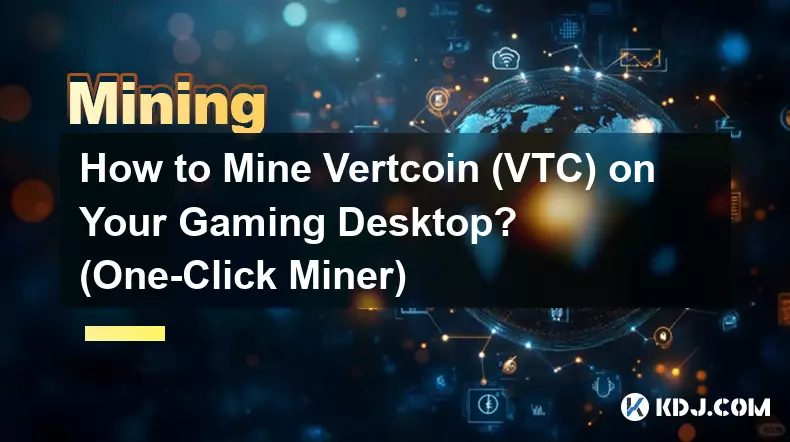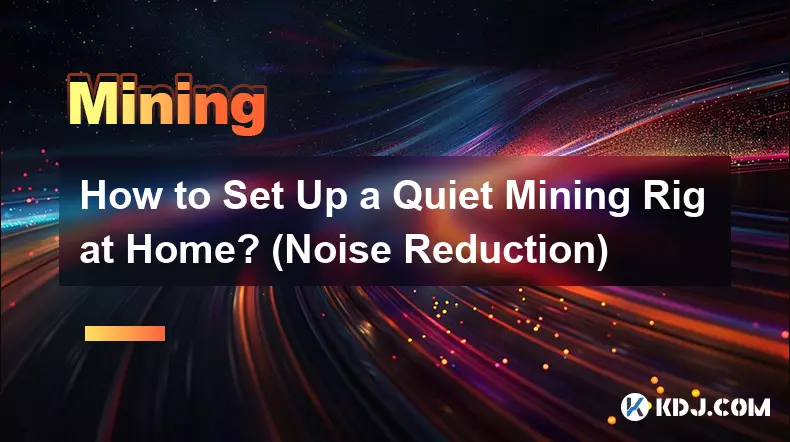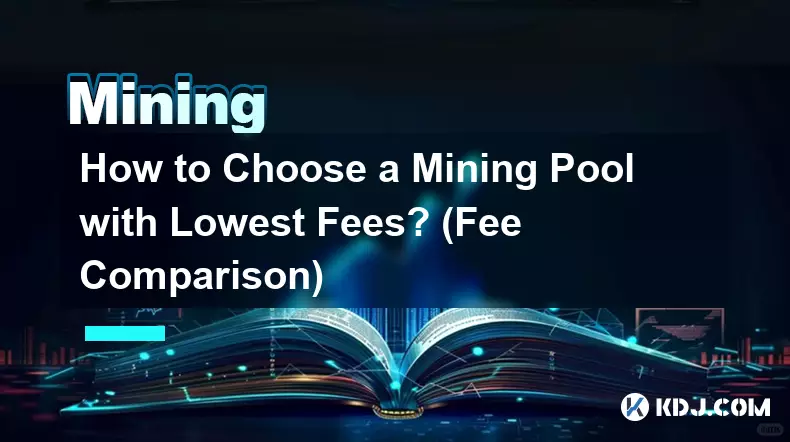-
 bitcoin
bitcoin $87959.907984 USD
1.34% -
 ethereum
ethereum $2920.497338 USD
3.04% -
 tether
tether $0.999775 USD
0.00% -
 xrp
xrp $2.237324 USD
8.12% -
 bnb
bnb $860.243768 USD
0.90% -
 solana
solana $138.089498 USD
5.43% -
 usd-coin
usd-coin $0.999807 USD
0.01% -
 tron
tron $0.272801 USD
-1.53% -
 dogecoin
dogecoin $0.150904 USD
2.96% -
 cardano
cardano $0.421635 USD
1.97% -
 hyperliquid
hyperliquid $32.152445 USD
2.23% -
 bitcoin-cash
bitcoin-cash $533.301069 USD
-1.94% -
 chainlink
chainlink $12.953417 USD
2.68% -
 unus-sed-leo
unus-sed-leo $9.535951 USD
0.73% -
 zcash
zcash $521.483386 USD
-2.87%
Is buying Bitcoin called mining?
Buying Bitcoin is a relatively straightforward process akin to purchasing stocks, while mining Bitcoin involves solving complex mathematical problems with specialized computers.
Jan 15, 2025 at 03:25 pm

In the realm of cryptocurrencies, a bustling marketplace exists where people can engage in various activities, including buying, selling, and creating digital assets. Among these activities, two key terms often surface: buying Bitcoin and mining Bitcoin. While both involve Bitcoin, they represent distinct processes with different implications. Let's delve into the nuances of each to help you navigate the crypto landscape with clarity.
What is Buying Bitcoin?Imagine Bitcoin as a virtual currency, akin to digital gold. Buying Bitcoin involves purchasing this virtual asset from an exchange or a peer-to-peer platform. It's like exchanging your regular currency, such as US dollars or Euros, for Bitcoin. Once you make the purchase, the Bitcoin you acquire becomes part of your digital wallet, giving you ownership of those digital coins.
Buying Bitcoin is a straightforward process, much like buying stocks or shares. You can choose from a range of exchanges that offer Bitcoin trading services. These exchanges act as intermediaries, facilitating the buying and selling of Bitcoin between individuals. To initiate a Bitcoin purchase, you simply need to create an account with an exchange, verify your identity, and fund your account with the desired amount.
Once your account is set up and funded, you can start placing orders to buy Bitcoin. Exchanges typically display real-time Bitcoin prices, allowing you to make informed decisions based on market conditions. When you execute a buy order, the exchange matches your order with a seller who is willing to sell Bitcoin at the price you specify. Upon successful execution, the Bitcoin you purchase is credited to your exchange wallet.
What is Mining Bitcoin?Mining Bitcoin, on the other hand, is a more complex and energy-intensive process. It involves using specialized computers to solve complex mathematical problems, a process known as "proof-of-work." The first computer to solve the problem receives a reward in the form of newly minted Bitcoin.
In the early days of Bitcoin, individuals could mine Bitcoin using their personal computers. However, as the network's difficulty increased, specialized hardware known as ASICs (Application-Specific Integrated Circuits) became necessary for profitable mining. These ASICs are designed specifically for the purpose of mining Bitcoin and offer far greater computational power than regular computers.
Mining Bitcoin is a competitive endeavor, as miners race to solve the mathematical problems before others. The successful miner earns a block reward, which consists of newly created Bitcoin and transaction fees. However, the block reward is halved approximately every four years, making it increasingly challenging to earn Bitcoin through mining.
Key Differences Between Buying and Mining BitcoinTo summarize, buying Bitcoin involves purchasing the cryptocurrency from an exchange or a peer-to-peer platform, while mining Bitcoin involves using specialized hardware to solve complex mathematical problems and earn rewards in the form of newly minted Bitcoin. Here's a table highlighting the key differences:
| Feature | Buying Bitcoin | Mining Bitcoin |
|---|---|---|
| Nature | Purchasing an existing asset | Creating new Bitcoin |
| Investment | Requires capital | Requires specialized hardware and electricity |
| Difficulty | Relatively easy | Highly complex and competitive |
| Returns | Potential for profit or loss based on market fluctuations | Potential for block rewards, but also involves significant costs |
| Timeframe | Can be executed quickly | Can take days, weeks, or even months |
Whether buying or mining Bitcoin is the right choice for you depends on your individual circumstances and goals. If you're primarily interested in investing in Bitcoin and potentially profiting from its price fluctuations, buying Bitcoin from an exchange is a more accessible and less risky option.
On the other hand, if you're interested in the technical aspects of Bitcoin and have the resources to invest in specialized hardware and electricity, mining Bitcoin can be a potentially rewarding endeavor. However, it's important to note that mining Bitcoin is a highly competitive and energy-intensive process, and profitability is not guaranteed.
ConclusionBuying and mining Bitcoin represent two distinct paths for engaging with the world of cryptocurrencies. While both involve Bitcoin, they differ in their nature, investment requirements, and potential returns. Understanding the nuances of each option can help you make informed decisions and navigate the crypto landscape with confidence. Whether you choose to buy or mine Bitcoin, the key is to approach the process with knowledge and a clear understanding of the risks and potential rewards involved.
Disclaimer:info@kdj.com
The information provided is not trading advice. kdj.com does not assume any responsibility for any investments made based on the information provided in this article. Cryptocurrencies are highly volatile and it is highly recommended that you invest with caution after thorough research!
If you believe that the content used on this website infringes your copyright, please contact us immediately (info@kdj.com) and we will delete it promptly.
- Bitcoin’s Wild Ride: Crypto Market Faces Price Drop Amidst Extreme Fear and Macro Headwinds
- 2026-02-02 12:30:01
- UAE Investor Secures Major Stake in Trump-Linked Crypto Firm Amidst Shifting Geopolitical Tides
- 2026-02-02 07:10:01
- Pepe Meme Coin: Navigating the Hype, Price Predictions, and Future Outlook in 2026 and Beyond
- 2026-02-02 07:05:01
- Blockchain Gaming's Quiet Revolution: Unpacking Latest Trends and Industry Insights Amidst Market Shifts
- 2026-02-02 06:30:01
- IPO Genie, Tokenization, and YouTubers: The Big Apple's Next Big Bet on Democratized Wealth
- 2026-02-02 06:40:02
- Aptos in a Bind: Downtrend Deepens, But a Brief Relief Bounce Looms Before the Next Plunge
- 2026-02-02 07:00:01
Related knowledge

How to Spot a Cloud Mining Scam? (Red Flags to Watch For)
Feb 02,2026 at 08:20am
Unrealistic Return Promises1. Platforms advertising guaranteed daily returns above 1–2% without disclosing underlying hardware, electricity costs, or ...

How to Earn Passive Income with DePIN Mining? (New Trend 2026)
Feb 01,2026 at 12:40pm
Understanding DePIN Mining Mechanics1. DePIN mining relies on real-world infrastructure participation rather than computational hashing. Users deploy ...

How to Mine Vertcoin (VTC) on Your Gaming Desktop? (One-Click Miner)
Feb 02,2026 at 03:39am
Understanding Vertcoin's Mining Algorithm1. Vertcoin uses the Verthash algorithm, which is intentionally memory-hard and designed to resist ASIC domin...

How to Set Up a Quiet Mining Rig at Home? (Noise Reduction)
Feb 01,2026 at 11:00pm
Acoustic Enclosure Design1. Use rigid, dense materials such as MDF or acoustic-grade plywood for the enclosure walls to block mid-to-high frequency no...

How to Choose a Mining Pool with Lowest Fees? (Fee Comparison)
Feb 02,2026 at 02:39am
Understanding Mining Pool Fee Structures1. Pool operators charge fees to cover infrastructure, maintenance, and administrative costs. These fees manif...

How to Mine Bitcoin on Mac (M1/M2/M3)? (Software Tutorial)
Feb 01,2026 at 07:19pm
Understanding Bitcoin Mining on Apple Silicon1. Bitcoin mining relies on solving cryptographic puzzles using computational power, and Apple’s M1, M2, ...

How to Spot a Cloud Mining Scam? (Red Flags to Watch For)
Feb 02,2026 at 08:20am
Unrealistic Return Promises1. Platforms advertising guaranteed daily returns above 1–2% without disclosing underlying hardware, electricity costs, or ...

How to Earn Passive Income with DePIN Mining? (New Trend 2026)
Feb 01,2026 at 12:40pm
Understanding DePIN Mining Mechanics1. DePIN mining relies on real-world infrastructure participation rather than computational hashing. Users deploy ...

How to Mine Vertcoin (VTC) on Your Gaming Desktop? (One-Click Miner)
Feb 02,2026 at 03:39am
Understanding Vertcoin's Mining Algorithm1. Vertcoin uses the Verthash algorithm, which is intentionally memory-hard and designed to resist ASIC domin...

How to Set Up a Quiet Mining Rig at Home? (Noise Reduction)
Feb 01,2026 at 11:00pm
Acoustic Enclosure Design1. Use rigid, dense materials such as MDF or acoustic-grade plywood for the enclosure walls to block mid-to-high frequency no...

How to Choose a Mining Pool with Lowest Fees? (Fee Comparison)
Feb 02,2026 at 02:39am
Understanding Mining Pool Fee Structures1. Pool operators charge fees to cover infrastructure, maintenance, and administrative costs. These fees manif...

How to Mine Bitcoin on Mac (M1/M2/M3)? (Software Tutorial)
Feb 01,2026 at 07:19pm
Understanding Bitcoin Mining on Apple Silicon1. Bitcoin mining relies on solving cryptographic puzzles using computational power, and Apple’s M1, M2, ...
See all articles










































































